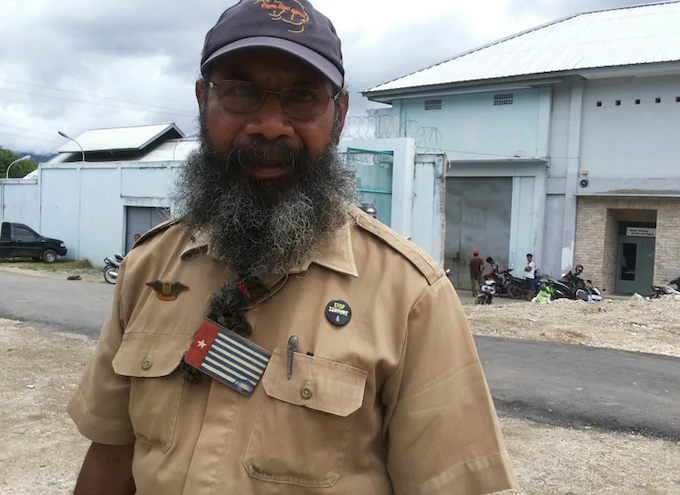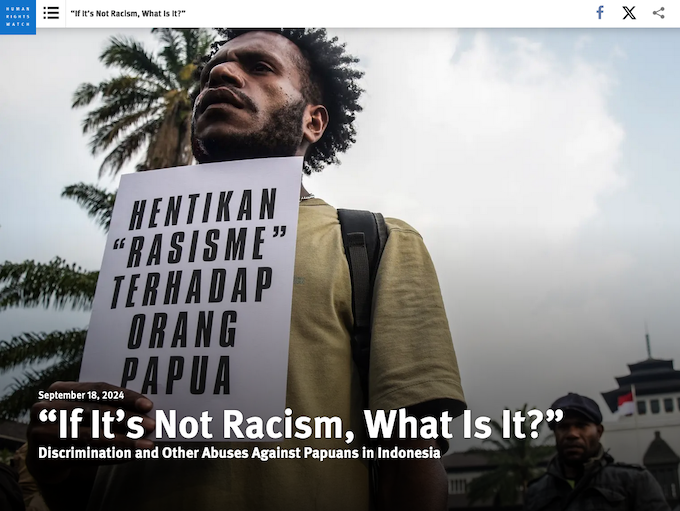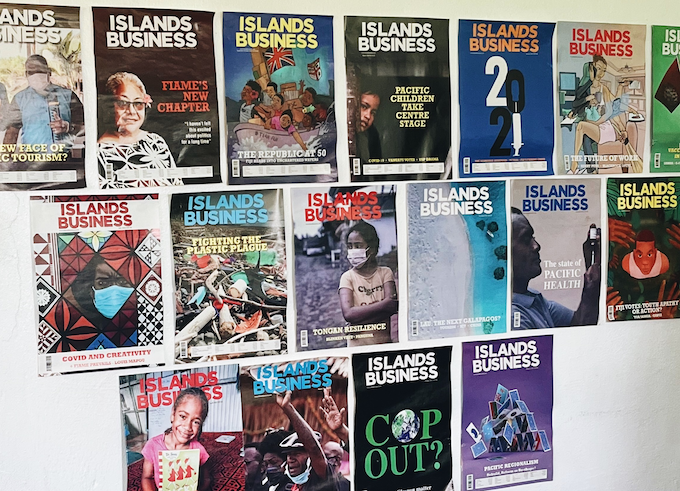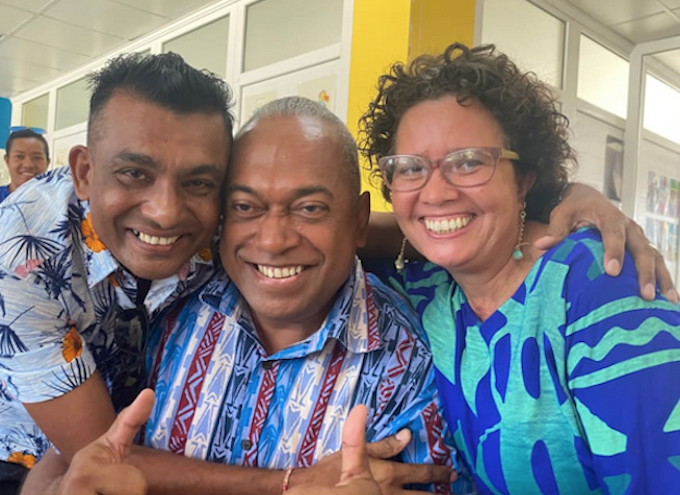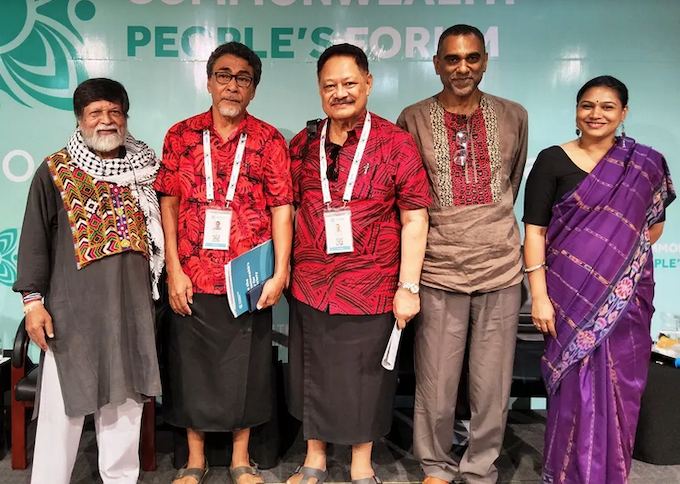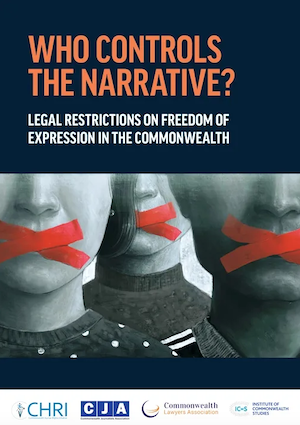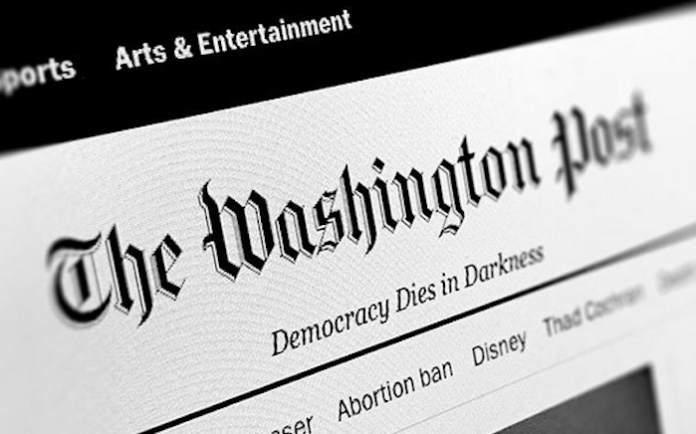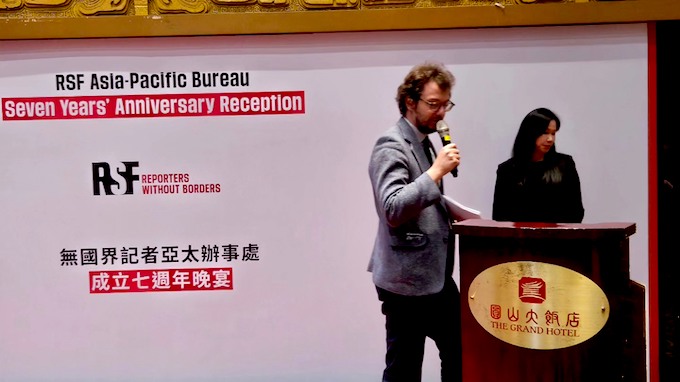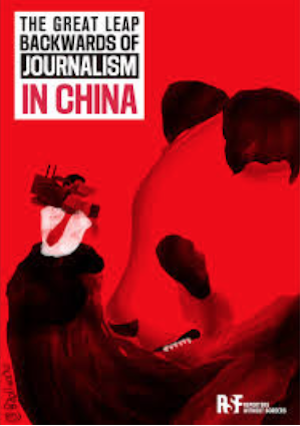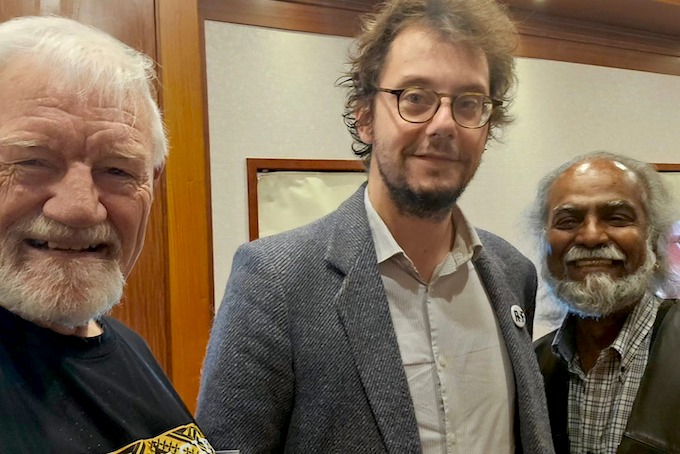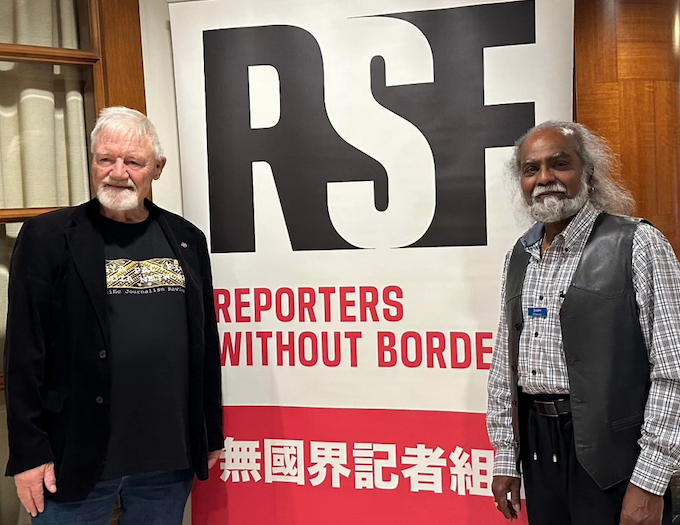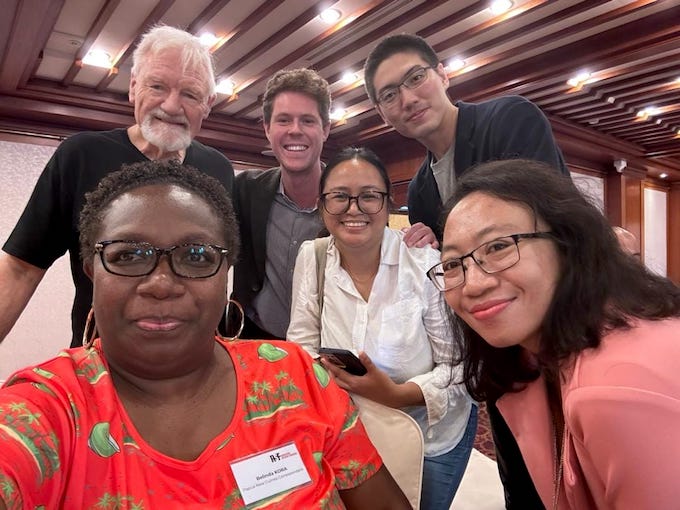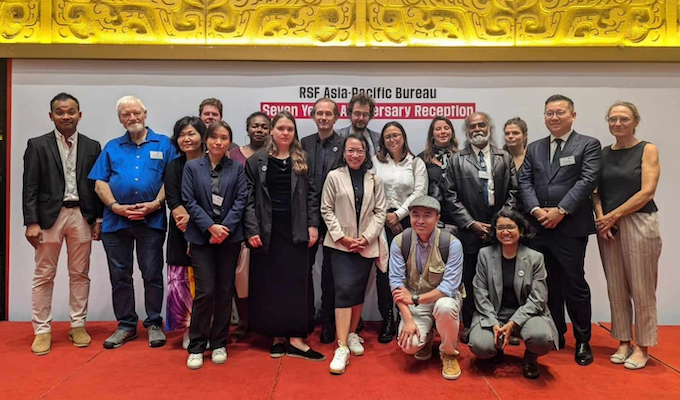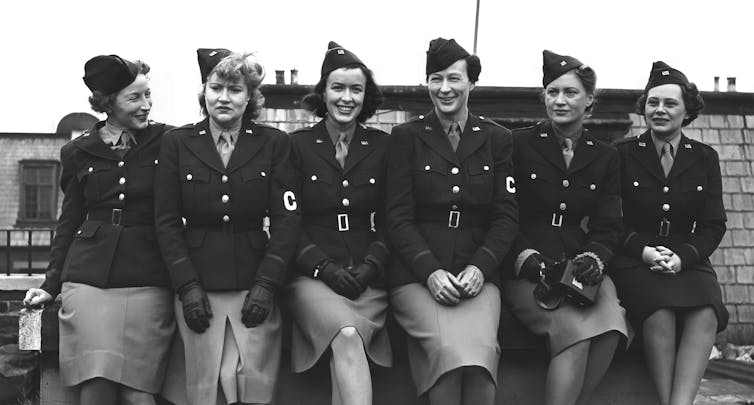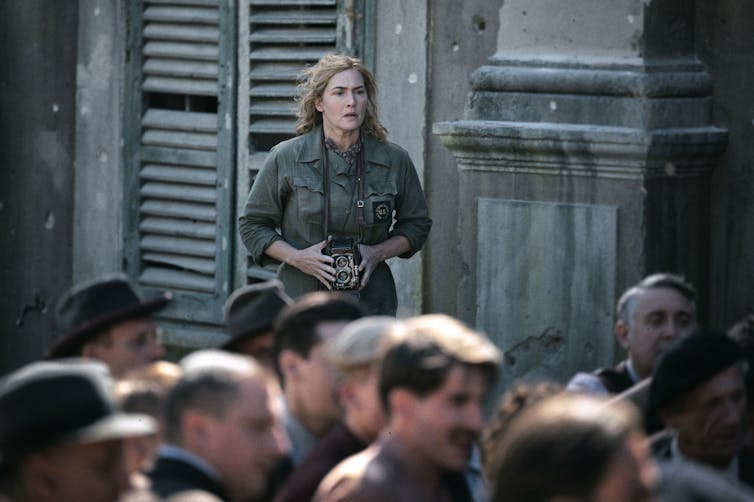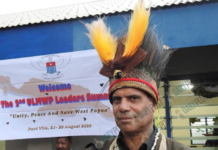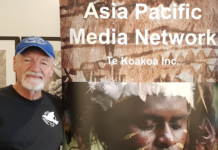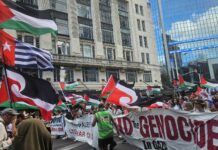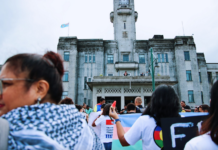COMMENTARY: By Martyn Bradbury, editor of The Daily Blog
Folks, the New Zealand media landscape is imploding and that risks terrible damage to our collective understanding of facts, agreed basic narrative of society and the ability to hold the powerful to account in a democracy.
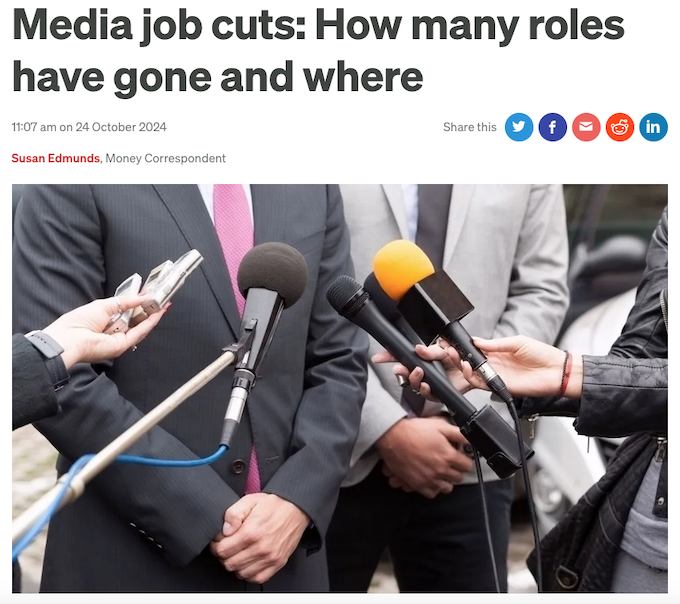
Extract from Susan Edmonds at RNZ National:
“Job cuts continue at most of the country’s major media outlets and there is a warning that legislation some hope might help the sector could be a killer blow for many participants.
In recent weeks, there has been no shortage of job cuts news.
Here is an overview of what has been reported.
Stuff
Stuff has disestablished video journalist roles in Auckland, while adding new ones in Wellington and Christchurch, cut audio roles, disestablished two senior roles to create a new head of multimedia content and strategy, and is understood to be holding meetings with other teams about cuts.
It is understood it has severed ties with style platform Ensemble, which it acquired in 2021 as part of a “life and style refresh”. Stuff did not respond to requests for comment.
NZME
The NZ Herald has brought an end to its Focus video bulletin, and host Cheree Kinnear has had her role disestablished. Earlier in the year, the company cut about a dozen roles as it moved resources from the regions into Wellington and Christchurch.
Whakaata Māori
Whakaata Māori said it was still working through a “realignment process:” and would not comment further until final decisions had been made. It was reported earlier that staff were warned of job cuts and the potential axing of its daily news bulletin. It faces a projected funding reduction of more than $10 million by 2027. A spokesperson said it expected to have the plan finalised by November.
TVNZ
TVNZ is going through still more cost-cutting, after bringing an end to Fair Go and Sunday earlier in the year. It wants to find $30 million in savings or extra revenue over the next year and has revealed plans to close its website. A spokesperson said it was still working through a ‘feedback process’.
Mediaworks
Mediaworks is proposing job cuts for a second year in a row. But a spokesperson said the situation might have been overstated in reports that ‘dozens’ of staff could be affected. ‘We are only looking at the function and future of two roles at MediaWorks, in different areas of the business. While they’re still in consultation we won’t speculate on the outcome.”
The assault on our media is dangerous and deeply counter productive at a time when collective action is desperately required for the enormous adaptation realities we are about to confront in a globalised economy that is becoming more geopolitically destabilised and climate change impacted.
Social media hate algorithms have manufactured rabbit holes of demented realities and caused us to hate one another rather than the system that exploits us all.
The Big Tech Tzars have manipulated our collective fear, ego, anger and insecurities through social media in a way that has led to the largest psychological civil war ever launched against one another.
We are but meat bags secreting hormones addicted to dopamine rewards for fat, sugar, salt and sex in a cultural landscape of individualism uber alles where we sing sweet secret lies to ourselves to make sense of a world around us that is frightening and in constant entropy.
Meanwhile, the planet burns and every aspect of our existence is monetarised for big data to sell us more stuff we can’t afford. We are alienated and anesthetized by a consumer culture that keeps us neurotic and disconnected. Our work, our existence, every move we make are all built to suck money to a minority class that sits above us while under neoliberalism, globalisation, financialisation, and automation, our existence as individuals has only become more disposable.
BUT . . . we shall not fade into the dark. We will rage for the dying light.
There are a range of NZ media doing amazing work and who deserve our collective support because if we don’t start to unify now, we will all be swept aside.
You should all be visiting the following media and consider supporting them as best we can.
30 to support:
A View From Afar Podcast – Selwyn Manning and Paul Buchanan

Honestly the best critique of foreign policy in New Zealand. You can watch the podcast here live when it goes out or find them on The Daily Blog site listed in the right had corner. You learn more in 30 minutes with them than you will ever glean from the mainstream media. Why the hell NZ on Air is not sponsoring this astounds me, they do more explanation of what’s actually going on than any other NZ media network.

Werewolf Blog – Gordon Campbell

Gordon remains the best political blogger in New Zealand. His Werewolf blog is a weekly must read and he does more independent researched journalism than anyone else in the game. If you are not reading Gordon Campbell each week, you shouldn’t be commenting on politics.

Bryan Bruce Investigates — Substack

Bryan Bruce is an investigative reporter who works tirelessly for a civil debate on the issues of inequality and poverty. His documentaries remain some of the most important popular critiques of neoliberalism and capitalism in NZ.

Our very own military strategist Ben Morgan has his own Substack account. He has been blogging for TDB for over 2 years, updating strategic movements in the Pacific and the Ukraine/Russia conflict. He is readable and gives a far better regular insight to what is happening than any other mainstream media commentator.

Nick’s Kōrero – Nick Rockel Substack

Nick offers a wickedly sharp critique of the political right. His skill and fluidity of writing marks him as an artisan blogger who is an important artist and under-rated blogger who deserves far greater recognition.

During an emergency, the marae always becomes one of the central points of the community response, the same is happening in media. As the media emergency occurs, it is the Māori media that step up and become the central point of journalism. Waatea Radio has recently expanded into digital journalism and the new power of that journalism is providing a real alternative to the dying mainstream media monoliths.

Against the Current blog

Our comrades over at the Against the Current blog offer weekly insights and criticism into the weeks events from a staunch socialist perspective. It is always well researched and well reasoned.

No Right Turn Blog – Idiot Savant

Idiot Savant is one of the OGs of NZ blogging. They are is a must read weekly blogger with some of the best criticisms of Government policy with a deep focus on policy and the counter productive outcomes of that policy. Fearless with the strongest values in NZ Blogging, the NZ Blogosphere would be a lesser place without No Right Turn.

You cannot deny that the RNZ Politics team have been producing some of the best journalism this year. They have become the benchmark and the record of choice for NZ journalism. Sure there are constant screw ups (Mick Hall should never have been sacked), but that’s management issues from people who are never held accountable, but the journalism they have been producing this year has been mana-enhancing for the profession.


I’m not a personal fan of Guyon Espiner, but you can’t question the journalism he provides. His relatively new podcast does hold the powerful to account and it’s probably the sharpest political interview in NZ. You can’t ignore his intelligence or how well researched he is.

Chris Lynch Christchurch’s Newsroom – blog

No one is going to pretend Chris Lynch is leftwing, but this isn’t a list of leftwing media to follow, this is a list of good journalism regardless of political persuasion. Lynch has a deep entry to Christchurch and is the first person to turn to when an issue hits New Zealand’s second-largest city.

Te Ao with Moana – Māori TV

It’s simply the best current affairs show on NZ Television. Week after week they produce the most insightful and interesting content and I honestly believe that if this show was prime time TVNZ, our country would actually be a smarter place to live in . . . This amazing piece on Willie’s Oxford Speech is the best thing you will see on TV this year…

The Working Group podcast

Our Iwi vs Peewee Treaty debate was the highest rating debate this year with over 150,000 viewers over many different media networks all joining together to bring it to the people. It’s success was a reminder how the new media are becoming the Fourth Estate.

The Kaka with Bernard Hickey -Substack

He is simply the best economist in NZ. If there are only 3 NZ news organisations you can fund, he is one of them! He brings new facts and critiques to Government policy that is actually the best in the game. You have to follow him daily or you have no place thinking you know anything. If there is a debate on economics and Bernard Hickey isn’t here, it aint worth engaging with.

Newsroom, without a doubt, now generates the best daily journalism in NZ. Their critique of the economy and politics is probably the best in the country. It is super intelligent and presents coherent well thought out and reasoned counter points to government babble. If there is a news source worth supporting, it is NewsRoom.

The Knightly Views – Gavin Ellis blog

Gavin Ellis is an old school editor and his arguments are always focused on a better public broadcasting model. His observations on where the media landscape is going are some of the best in NZ. He is a weekly must read to understand what is happening in the media ecosystem.

Mountain Tui — Substack

Finally a reason to read The Standard! The Left have lacked any true muscular champions and Mountain Tui is finally that voice. Excellent political criticism and insight all from behind an anonymous veil that allows for honesty. Widely rumoured to be Shane Te Pou.

SpiderHoof — Twitter

Part of a new class of leftwing commentator who has sprung up on the social media platforms, Spider Hoof is funny, clever and always worth checking out on Twitter.

Mata with Mihingarangi Forbes — podcast

One of the best political podcasts in the country, Mihi is one of our political journalist treasures and her team bring the best criticisms. They were the first media outlet to really expose the Atlas Network and its influence on our political system, no one else had the courage to do that.

Gerard Otto — Facebook

Part of the new wave of commentators who use social media platforms to communicate with, he is another incredibly sharp critic of the government and well worth reading.

Scott Hamilton — Twitter

A very talented historian who has the ability to connect the past with what is happening in the present. One of the few people where you genuinely learn something new every time you read them. Incredible knowledge of NZ’s hidden history.

Clint Smith — Twitter

Clint Smith is one of the best political twitter accounts you can follow. Up to the minute critiques on government policy, he is one of the few whose hot takes are 99 percent right. He is an excellent starting position for anyone wanting to keep up with the news cycle.

Max Harris — Twitter

He is a cross between Noam Chomsky and Harry Potter. I regard Max as one of NZ’s best political intellectuals, he is a policy geek beyond policy geeks. If there was a God, Max would be prime minister.

Damien Grant — Stuff Columnist

Damien Grant is a dangerous libertarian lunatic who will be the first up against the wall when the Revolution comes, of that there can be no doubt, but it will be a clean painless shooting because he’s the best newspaper columnist in the game!
He’s earned a quick death!
I believe a newspaper columnist takes the events of the week and provides a deeper more reflective view that contextualises beyond the headlines.
A good columnist makes us rethink our perspectives, makes us laugh and actually adds to the debate.
Damien was one of the few to highlight the horror of Oranga Tamariki’s reverse uplifts, the Puberty Blocker Cass Report and he has criticised the Right with as much passion as he criticises the Left and his refusal to simply accept the demands of the mob make him a worthy critic.

Simon Wilson — NZ Herald columnist

There are very few reasons to buy a NZ Herald subscription; Simon Wilson is one of them. Ever since Mayor Wayne Brown tried to shut down having to do any interviews with Simon, he has become a must read to understand what is happening in Auckland City. He is a talented writer with a real ability to move the dial on Auckland Politics.

John Campbell — TVNZ

The Public Broadcaster is free of the commercial and political constraints other broadcasters face, the Public Broadcaster can speak truth to power and has the obligation to do so!
John Campbell is not writing opinion pieces, he’s writing analysis and thinking deeper than the current shallow mainstream media allows for.
Attacking his journalism and his analysis under the guise of balance is a false narrative designed to strangle his voice.
If people of insight and oversight can see the looming social carnage this hard right racist climate denying government is manufacturing, they have an obligation to speak out.
John speaks out.

Andrea Vance — Stuff senior journalist

She’s just so good and a weekly must read. Probably the best political journalist in front at the moment, her critique of ACT this year has been next level.

BHN — Youtube

The BHN boys, Pat and Chewie have created a whole new late night online news audience and are the masters of this new medium. Always interesting, always challenging, they are the future of media in this country.

Café Pacific – David Robie

Dr David Robie is one the great Pacific Journalists and with Café Pacific and Asia Pacific Report provides a news source focused on the Asia-Pacific and what is happening in our geopolitical neighbourhood. We are fortunate to have him guest blog on TDB regularly.

Mick Hall — Consortium Journalist

Forced out by RNZ for telling the truth, Mick Hall was pushed into the spotlight after he correctly inserted context to international wire stories. He should never have been forced out, and now writes at the very excellent Consortium News.

5 to avoid:
Not all media are created equally. There is some media you just want to avoid.

ZB –If you want to be a rich prick with rich prick attitudes that make you a dickhead, ZB is for you. The ZB Troll Farm are always malicious and frustrated, like a Parking Warden who hasn’t had an orgasm for a month. These are literally people you would not piss on if they were on fire.

The Platform & Reality Check Radio schism
On one side you have a cross burning, redneck banjo twanging witch hunter who believes in science and on the other side you have a cross burning, redneck banjo twanging witch hunter who doesn’t believe in science. The great schism of contrarian media between The Platform and Reality Check Radio is more akin to twins trying to eat each other in the womb. It’s like watching a death cage match between Voldemort and Trump in that you aren’t sure who to cheer for, you just want them to both kill each other.

CounterSpin Media
Anyone who admits to listening CounterSpin Media should be slowly ostracised until you never hear from them ever again. Family members should be removed from the will and NEVER accept a Facebook friend request. There’s batshit crazy, and then there are people who listen to CounterSpin Media. It’s the sort of media Liz Gun would appear on and get a sympathetic hearing.

Seven Sharp
There is a reason this nation is as thick as pig shit, and it’s TVNZ’s 7 Sharp. The manner in which TVNZ have bastardised the 7pm current affairs slot into a lightweight infotainment project is why we can’t have nice things. Oh we all love Hill’s and her latest battle with what some male viewer thinks she would wear, but it’s dross fronted by private school kids who have never gone without. It’s as intellectually anaemic as it is banal. How the fuck does this stay on while actual current affairs gets cancelled?

Democracy Project
It was something that was a must read, but now it’s behind a Paywall, it is nothing more than a weekly intelligence report for corporations. Trotter has mutated into an angry reactionary cracker and it’s like watching your favourite Netflix show meltdown into crap. Trotter is now True Detective Season 4, that’s what he is. If we could harness the energy Bryce Edwards now spends on fastidiously ignoring The Daily Blog, we could solve climate change.
The NZ Elites and The Democracy Project are terrified about the falling trust in them as experts, politicians, the media and shock horror even business people.
An Age of growing discontent in New Zealand
The Establishment in New Zealand is becoming deeply unpopular. A range of new survey data shows that public discontent with politicians, the media, business and NGOs continues to grow.
…these NZ Elites + Democracy Project are reading this falling trust as a threat to their power rather than a symptom of a bigger societal issue.

Let’s acknowledge first the effect of capitalism on the Fourth Estate.
Capitalism’s Effects on Journalism:
- Market censorship and informational redlining
- content decisions driven by profit encouraging ‘low-quality information’.
- encourages oligarchy.
- high quality public information is being cut.
Trump rates while the climate kills ratings.
Capitalism has such total control over journalism it warps media into being a supply and demand equation.
Institutional collapse is ‘beyond our control’. Remember how Melissa Lee just shrugged and left the collapse to the market?

Rather than losing an essential part of our infrastructure, Newshub’s collapse is simply sold as the market working. We have allowed capitalism and its values to supersede our belief in the collective good and power of the commons.
Journalism has been bastardised into just a product.
A capitalist media can never solve the problems of market failure because it’s an inbuilt feature of capitalist media to fail.
The early hyper-commercialisation of US journalism saw less than 50 percent revenue from advertising revenue because the early media in America was highly subsidised.
When capitalist hyper-commercialisation culture kicked in, they stopped seeing their audience as citizens needing informing and saw them as consumers and the advertising percentage of revenue soars.
This has resulted in a structural crisis for journalism.
- US newspapers are still a major source of local journalism
- ad-dependent business model is broken because the monopoly of news has been broken.
- Local journalism is no longer profitable.
- Newspapers are closing and taken over by vulture capitalists.
- the model is broken
This has created news deserts where there is no local news.
Social costs of the Journalism Crisis
- less informed about politics
- less civically engaged
- less likely to vote
- higher levels of corruption
- increased polarisation
The truth is paywalled, but the lies are free
No wonder people are losing trust in media, politicians and shock horror business people!
We need to think of the media not as another commodity, but as ‘the commons’ and a de-commercialised structure demands we see journalism as a common good.
I love how it’s always a great time to buy a house according to the NZ Herald because The Herald’s advertising is so dependent on real estate. There is NEVER a genuine attempt to challenge what a class of landlords forever screwing over renters will actually create in this country, because, according to the NZ Herald, it’s never been a better time to buy a house!
Trust in news has dropped to 33 percent in 2024 from 53 percent in 2020.
From the social contract theory, trust has fallen because people don’t believe the media are upholding their end of that contract.
Part of this is driven by the politicians themselves. Winston’s attack on the media is unhinged madness which works because he is so reliant on low news engaged voters who get their news off Facebook.
This ocean of criticism against the media goes beyond fair criticism to open hostility and abuse.
There is a correlation between distrust and unfair criticism but I also want to see the correlation between loneliness and believing crazy stuff you’ve read on Facebook.
The social contract of the Fourth Estate has been sold off in favour of a consumer media network.
They examine the way the Public Journalism Fund has been twisted into state propaganda by Winston’s lies.
Our drop in trust has been more extreme than many other countries.
It’s an interesting argument but my sense is that the reason this attack on the media has been so successful is because the mainstream corporate media had been neglecting the interests of working people for many years. The first editorial the NZ Herald ever ran was begging white New Zealander’s to go to war against Māori. Trump’s use of “fake news” was popular because the mainstream media had been selling capitalist values, not Fourth Estate journalism to Americans for decades.
Social media allowed the legacy media gatekeepers to be overthrown and the resulting anarchy has led to a world of fractured realities.
Winston’s big lie that the entire mainstream media were bought off because of the Public Journalism Fund appeals to the conspiracy electorate NZF need to stay over 5 percent now.
I wrote many bogs critical of the funding notes that NZ on Air put forward that stipulated that if you wanted public funding for Māori media that you couldn’t breach basic tenants of Treaty value because it created the impression of an editorial direction that wasn’t there, but to conflate what were funding notes to mean the entire media had been bribed is Winstonian in its deceitful manipulation.
What Winston chooses to miss is that there was a follow up response by NZ on Air on those funding notes stating that ultimately editorial control was with the content producer.
So yes, there were stupidly woke Wellington guidelines but those notes were superseded by the reminder of editorial independence.
What he also failed to acknowledge is that a large chunk of that Public Journalism money was for positions and training.
By claiming that amounts to the entire media being bribed is not disingenuous or just false, it is malicious.
Winston is channeling Trump with his “Big Lie”.
The “Big Lie” by Winston is that the entire media were bribed.
This has caused enormous damage which he has benefited from.
But again, I think it’s deeper than just Winston AND the righteous cynicism many have towards mainstream media.
Covid was a universal experience, we all sacrificed equally in an unequal world, it has had enormous impacts on us and one of those enormous impacts has been crippling loneliness.
More and more of us are lonely and it was kicked off by being forced to stay home during the pandemic.
That loneliness is desperately corrosive to the spirit and to the person, and the dichotomy of intense loneliness combined with mass 24/7 social media connectivity has made many of us insane with a level of anger and feral hate that is the call signs of a terribly tortured individual.
We have been brainwashed by hate algorithms for the profit margins of vast Tech Gods.
Martyn Bradbury is editor and publisher of The Dally Blog where this article was first published.







